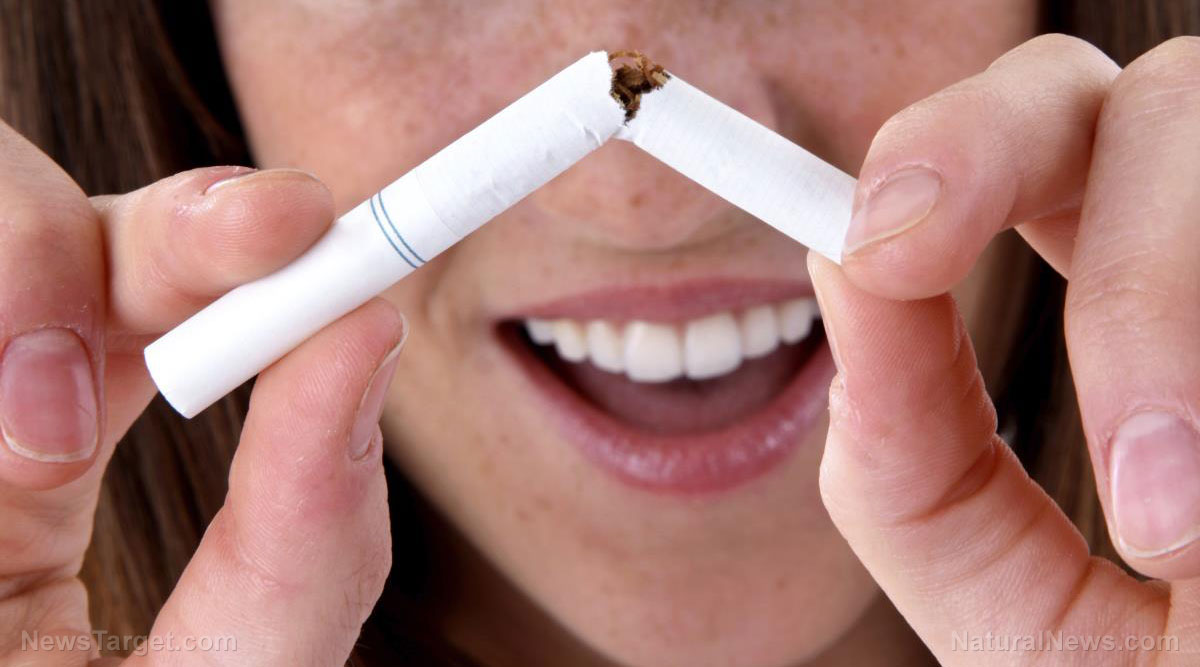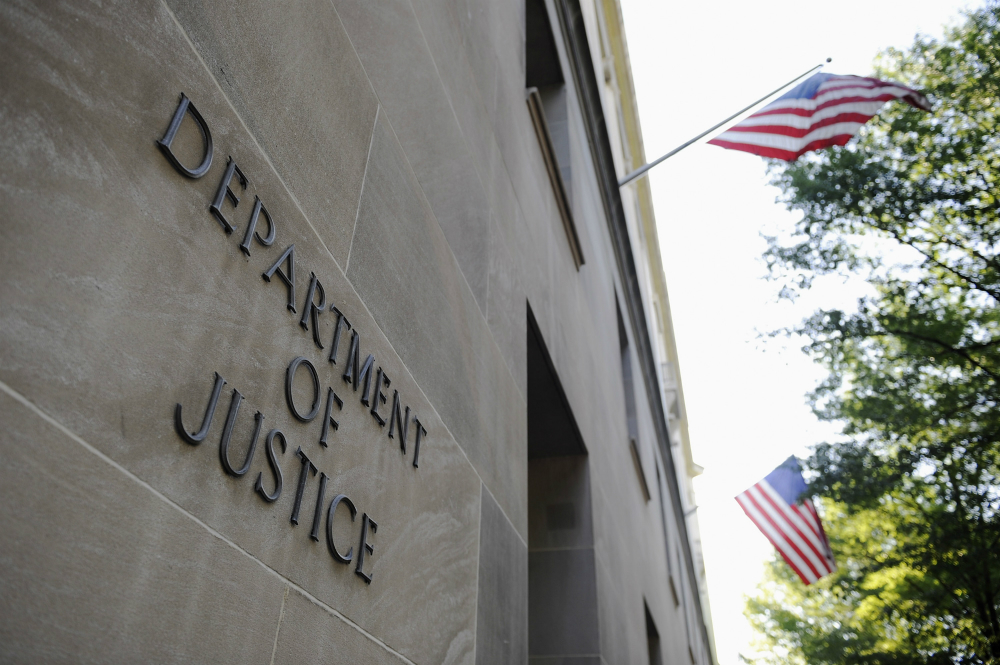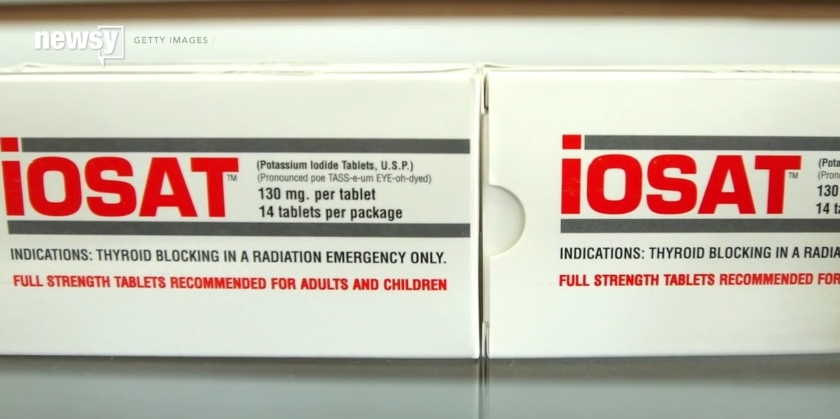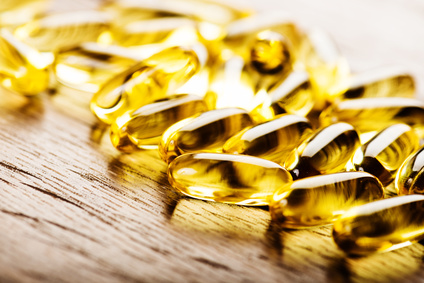People deficient in vitamin D have a higher risk of COVID-19, reports new study
09/11/2020 / By Evangelyn Rodriguez

A person’s vitamin D status may determine his susceptibility to COVID-19, the disease caused by the Wuhan coronavirus. In a new study published September 4, researchers at the University of Chicago found that, compared to people with normal vitamin D levels, those who were deficient in the vitamin have a greater risk of testing positive for COVID-19.
In line with this, previous studies suggest that vitamin D supplementation can decrease the incidence of viral respiratory tract infections, especially in patients with vitamin D deficiency.
“These findings appear to support a role of vitamin D status in COVID-19 risk,” the researchers wrote in their study, which appeared in the journal JAMA Network Open.
Vitamin D can regulate immune responses to viral infections
Vitamin D interacts with various components of the immune system. Immune cells, for instance, have a protein called vitamin D receptor (VDR), which, upon binding with vitamin D, helps control the rate of expression of certain genes. Immune cells also produce an enzyme called 1a-hydroxylase, which helps convert vitamin D into its active form, calcitriol. The discovery of VDR and 1a-hydroxylase in immune cells is what led scientists to investigate the role of vitamin D in human immunology.
Recent studies have now established that vitamin D plays a key role in regulating the expression of specific antimicrobial peptides in immune cells. Antimicrobial peptides, also known as host defense peptides, are the body’s first line of defense against pathogens. These small proteins have the ability to kill harmful elements, such as bacteria, yeast, fungi, viruses and even cancer cells.
According to immunological studies, vitamin D levels affect the expression of some antimicrobial peptides with antiviral effects. This is because VDR activation influences the activity of toll-like receptors (TLRs), which are proteins found on the surfaces of immune cells directly involved in innate immune response. TLRs recognize bacterial and viral proteins and, upon recognition, release small signaling molecules (cytokines) that trigger the expression of appropriate antimicrobial peptides.
Vitamin D’s involvement in immune response also influences the body’s ability to fight viral respiratory tract infections. A study published in the Journal of Immunology showed that lung epithelial cells express high levels of 1a-hydroxylase, resulting in the constitutive conversion of inactive vitamin D to its active form. Active vitamin D increases the expression of proteins with important innate immune functions, such as the antimicrobial peptide, cathelicidin, which is involved in antiviral defense.
According to several studies, cathelicidin performs various protective activities, the most notable of which is inhibiting the replication of disease-causing viruses, such as the herpes simplex virus type one (HSV-1), vaccinia virus, retroviruses and adenoviruses. Scientists have also found that mutations in VDR and related genes are linked to severe outcomes in respiratory syncytial virus (RSV)-related bronchiolitis and acute respiratory tract infections, further suggesting that vitamin D plays a huge role in innate immunity against respiratory infections.
Low vitamin D status can heighten risk of COVID-19 infection
To determine if vitamin D status has any effect on a person’s susceptibility to the coronavirus, the researchers conducted a retrospective study of 489 patients whose vitamin D levels were measured a year before they were tested for COVID-19. Those with calcifediol (25-hydroxyvitamin D) levels lower than 20 ng/mL or calcitriol levels less than 18 pg/mL were considered vitamin D deficient.
The researchers also considered changes in vitamin D type and dose — defined as treatment changes — between the patients’ last vitamin D testing and the date of COVID-19 testing to determine whether the patients were “likely deficient” or “likely sufficient” when they were tested. The researchers then performed multivariate analysis to look for associations between vitamin D status and a positive COVID-19 result, controlling for both demographic and factors related to other conditions.
Of the 489 patients, 124 were considered likely deficient, while 287 were found to be likely sufficient and 78 were uncertain. Overall, 71 patients (15 percent) tested positive for COVID-19, and the results of multivariate analysis suggested that this specific outcome was associated with increasing age (50 years and older) and a “likely deficient” vitamin D status. The researchers also found that the relative risk of testing positive for COVID-19 was 1.77 times greater for those who were likely deficient in vitamin D compared with those who were likely sufficient.
“Vitamin D is important to the function of the immune system and vitamin D supplements have previously been shown to lower the risk of viral respiratory tract infections,” said Dr. David Meltzer, chief of the Section of Hospital Medicine at the University of Chicago and lead author of the study. “Our statistical analysis suggests this may be true for the COVID-19 infection.” (Related: Vitamin D deficiency increases risk of coronavirus infection.)
“Understanding whether treating Vitamin D deficiency changes COVID-19 risk could be of great importance locally, nationally and globally. Vitamin D is inexpensive, generally very safe to take, and can be widely scaled,” he added.
Meltzer and his colleagues are now calling for randomized clinical trials of interventions to reduce vitamin D deficiency to determine if they can indeed reduce the incidence of COVID-19.
For more news on nutrients that can help fight the coronavirus, visit CoronavirusNutrients.com.
Sources include:
Submit a correction >>
Tagged Under:
antimicrobial peptides, antiviral, coronavirus, covid-19, discoveries, immune response, immune system, infections, infectious diseases, innate immunity, nutrients, outbreak, pandemic, prevention, research, supplements, virus, vitamin D, vitamin D deficiency, vitamin D receptors
This article may contain statements that reflect the opinion of the author
RECENT NEWS & ARTICLES
COPYRIGHT © 2017 SUPPLEMENTS REPORT





















